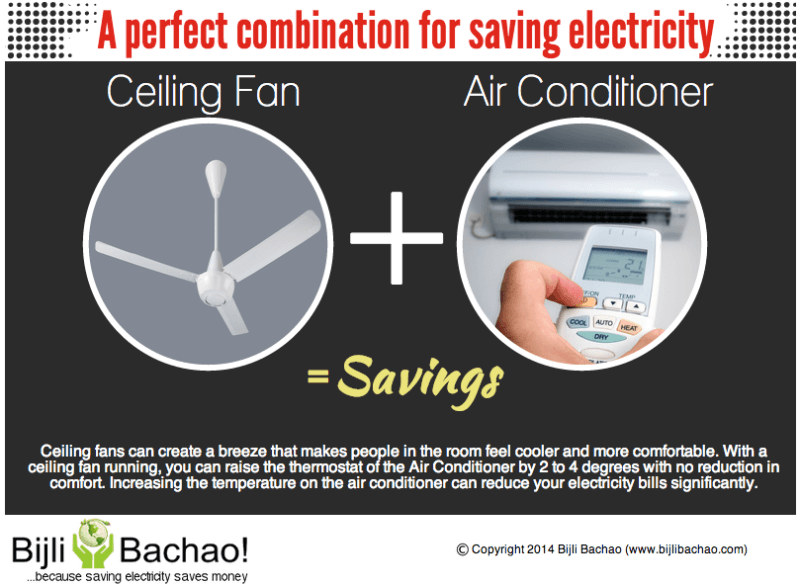The Future Of Home Home Heating - How Heat Pump Technology Is Evolving
The Future Of Home Home Heating - How Heat Pump Technology Is Evolving
Blog Article
Short Article Author-Fraser Ringgaard
Heatpump will certainly be an important modern technology for decarbonising heating. In a circumstance consistent with federal governments' introduced energy and environment dedications, their international capability doubles by 2030, while their share in heating rises to one-quarter.
They function best in well-insulated homes and count on electrical power, which can be supplied from a renewable power grid. Technological innovations are making them extra effective, smarter and cheaper.
Fuel Cells
Heat pumps use a compressor, refrigerant, coils and fans to relocate the air and warm in homes and home appliances. They can be powered by solar energy or electrical power from the grid. They have actually been acquiring appeal as a result of their inexpensive, peaceful operation and the capability to produce electricity during peak power demand.
Some business, like IdaTech and BG MicroGen, are servicing fuel cells for home heating. These microgenerators can change a gas boiler and create several of a house's electric requirements with a connection to the electrical power grid for the rest.
However there are https://costtoaddairconditioningt78877.elbloglibre.com/29260772/are-heat-pumps-one-of-the-most-effective-a-c-service-for-your-home-a-comparative-evaluation to be unconvinced of using hydrogen for home heating, Rosenow states. https://commercialupholsteryclean17395.bloggip.com/29354033/are-warmth-pumps-the-most-effective-heating-and-cooling-remedy-for-your-home-a-relative-analysis would certainly be pricey and inefficient compared to other technologies, and it would certainly add to carbon discharges.
Smart and Connected Technologies
Smart home innovation permits property owners to link and regulate their devices remotely with making use of mobile phone applications. For example, wise thermostats can learn your home heating preferences and immediately get used to enhance energy intake. Smart illumination systems can be regulated with voice commands and automatically switch off lights when you leave the room, lowering power waste. And smart plugs can check and handle your electrical use, permitting you to recognize and limit energy-hungry devices.
The tech-savvy family illustrated in Carina's meeting is an excellent image of just how owners reconfigure area home heating techniques in the light of brand-new clever home technologies. They depend on the tools' automated features to accomplish daily adjustments and concern them as a convenient means of performing their heating practices. Therefore, they see no reason to adapt their techniques further in order to make it possible for flexibility in their home energy need, and interventions aiming at doing so might deal with resistance from these homes.
heat pumps christchurch nz
Given that heating homes represent 13% people emissions, a switch to cleaner options might make a big distinction. Yet the technology faces difficulties: It's costly and requires comprehensive home renovations. And https://raymonduojdw.blazingblog.com/29387417/are-warm-pumps-the-most-reliable-hvac-solution-for-your-home-a-relative-evaluation 's not always compatible with renewable energy resources, such as solar and wind.
Up until lately, electrical heat pumps were too costly to compete with gas versions in many markets. Yet new advancements in style and materials are making them extra affordable. And much better cool climate efficiency is enabling them to work well even in subzero temperature levels.
The next action in decarbonising heating may be using warm networks, which attract heat from a central source, such as a nearby river or sea inlet, and distribute it to a network of homes or buildings. That would lower carbon emissions and allow households to capitalize on renewable energy, such as environment-friendly power from a grid supplied by renewables. This alternative would certainly be much less costly than changing to hydrogen, a fossil fuel that requires brand-new infrastructure and would only decrease CO2 emissions by 5 percent if coupled with boosted home insulation.
Renewable Energy
As power prices go down, we're starting to see the same pattern in home heating that has driven electrical autos into the mainstream-- but at an also quicker speed. The strong environment situation for electrifying homes has been pushed further by new research.
Renewables represent a considerable share of contemporary warmth consumption, however have actually been provided restricted policy attention globally contrasted to other end-use markets-- and even less focus than electricity has. Partly, this mirrors a mix of consumer inertia, divided motivations and, in numerous countries, subsidies for fossil fuels.
New modern technologies can make the change much easier. As an example, heat pumps can be made more energy reliable by replacing old R-22 cooling agents with new ones that do not have the high GWPs of their precursors. Some experts additionally visualize area systems that draw heat from a close-by river or sea inlet, like a Norwegian fjord. The warm water can then be used for cooling and heating in an area.